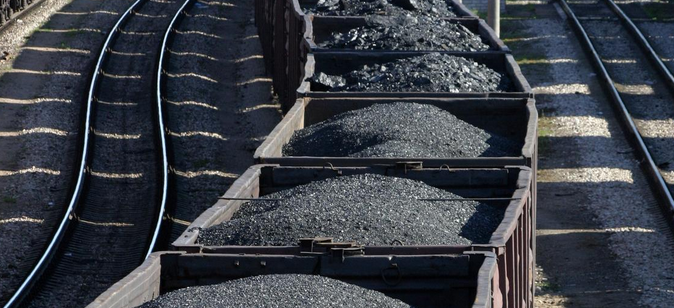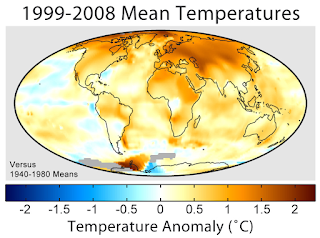Coal, a drug for mankind very difficult to leave
Published in Linkedin: Coal, a drug for mankind very difficult to leave (28/11/2014)
If someone asks for jobs with less future, probably in all lists would write the coal mining. Coal has historically generated many jobs, however mechanization has been declining number of employers; but in many parts of the developing world is still mining, sometimes in border on slavery, which is feeding (bad eating to be exact) many people from earliest childhood. Now a danger is hovering over this form of living. Although coal will remain nearly 300-year to explode with current consumption, but the need to reduce CO2 emissions questions the continuity of this mining.
Coal was the engine of the Industrial Revolution. The steam machines from the eighteenth and nineteenth centuries moved thanks to black stones that we could burn. But the twentieth century discovered a new fuel: the Oil, which was more manageable, easy to get and it has more potential uses. Later he appeared a third competitor (gas) with equal performance but did not emit solid waste (ash) into the air, which reduced pollution (smog) suffering most cities. Still as a system of massive energy generation remained the king, and neither the new nuclear energy could argue this supremacy as this is much more expensive (except France due to political decision taking by De Gaulle).
But Climate Change has questioned the supremacy of all fossil fuels, oil, gas i coal. Coal suffers from two handicaps what have neither oil nor gas. First, it doesn’t degrade, in fact the high quality coal is more than 300 million years, something unthinkable in the oil and gas which end up surfacing and the environment destroys it. So if the mine is closed, coal will remain waiting for someone to come to exploit it. Moreover, coal produces a high pollution generated as much unburned (soot), besides it drags much sand, hardly separable, which are injected into air as suspended particles, which would add to the pollution of other hydrocarbons.
Coal now has allies. On the one hand brad new producing countries, as Australia and Canada. These with intensive opencast mining, produce coal of low quality but very cheap, because they extract a great amount with little labor. It may not generate large numbers of jobs, but many government revenues at a time of crisis. This mining is also called into question due to the environmental cost, comparable to Fracking, and highly pollutant that is the burning of this coal. On the other hand the developing countries that do not have sufficient income to invest in change of energy sources and less investigate them; not to mention its coal deposits, usually outdated, feed a lot of people with wives recycling opportunities for other industry.
China and USA have signed an agreement to reduce CO2 emissions which means it will reduce the combustion of hydrocarbons. It is obvious that will always remain a small remnant of combustion, but is unlikely to be coal. Still going to be very difficult for this reduction is immediate, because changing power source is not done in two days. The question is We have enough time?




Comentaris
Publica un comentari a l'entrada